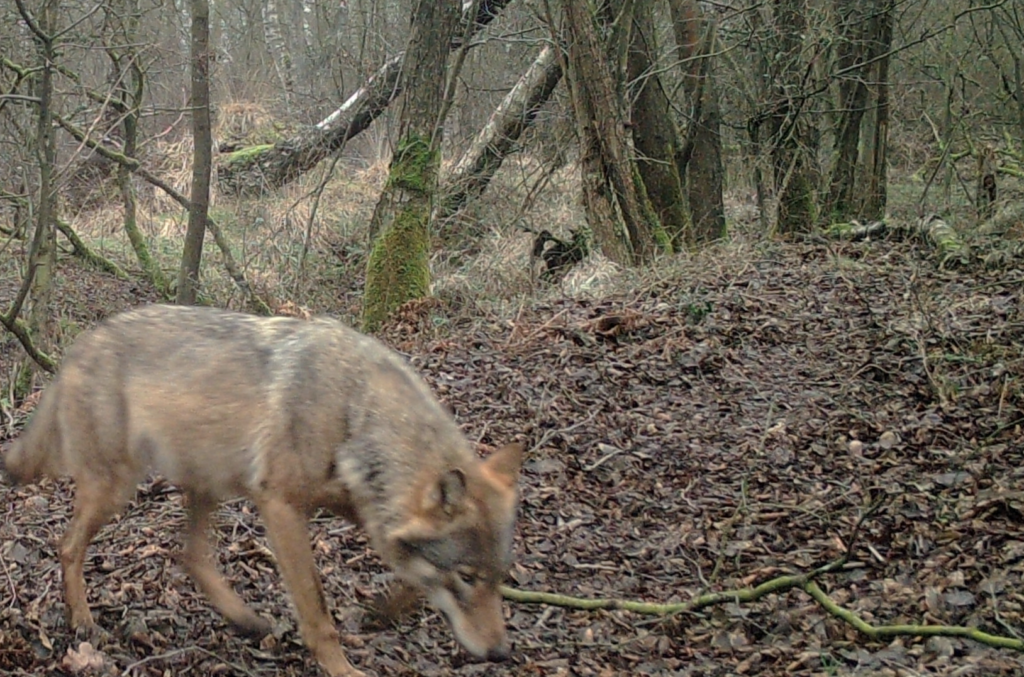A deputy from Belgium’s German-speaking community has called for fresh debate on the status of wolves in Belgium, German-language newspaper Grenz Echo reports. Wolves cause significant damage to livestock in the country each year.
A new litter of wolf offspring are now likely present in the High Fens in Belgium’s German-speaking region. This year, a second litter is expected in the region’s Bütgenbach-Büllingen, German-speaking deputy Christine Mauel announced in a statement.
The politician is calling for public dialogue on how to best protect livestock from the animals, similar to public discussions that have taken place in Germany, Austria, and Switzerland.
“A wolf of the Italian-French line has settled here, and a young female wolf from the High Fens has meanwhile joined a male animal. This means that the number of wolf kills is likely to increase again in the near future. In addition, the question arises more and more about how many wolves East Belgium and Wallonia can tolerate,” Mauel said.
Roaming Europe
Until 2018, wolves were considered all but extinct in Belgium, but European reintroduction measures have led to an increase in packs in the country. In January, experts predicted that there are around 24 wolves now in the country, with the pack only expected to grow in number in coming years.
Last year, a pair of wolves in the high Fens reportedly had five offspring. As a rule, it is assumed that the wolf population will grow by at least 30% annually. Across Europe, the number of wolves has been increasing steadily, to the dismay of some farmers.
The European Parliament passed “active wolf management” last year, allowing for the “targeted shooting” of some wolves, in some circumstances. In Flanders, “problematic” wolves can be shot at with paintball guns to deter wolves from becoming too familiar with humans. Some farmers have resorted to illegal actions, such as hunting the animals, in a bid to protect their flocks.
In Wallonia, where the German-speaking community is situated, wolf attacks against flocks and herds have increased significantly in the last two years. Farmers are increasingly approaching the German-speaking politician to find a solution to the attacks against their property.
“A further increase is to be expected this year. Complaints and fears of wolves in the East Belgian population are growing. Last year, a wolf was even sighted in broad daylight in a village in the Eifel,” Mauel said.
Related News
- 'Over 200 years ago': New wolf spotted in West Flanders
- Two Belgian wolves migrate to the Netherlands
For its part, the Walloon government is unwilling to revise its policy towards the animals. Compensation is currently paid to farmers who experience losses as a result of the animals. The German-speaking politician has asked Walloon animal welfare minister Céline Tellier to clarify how much tax money is being spent on supporting the settlement of wolves.
In other areas of Europe, especially in the Alpine region, the debate is moving towards increasingly allowing farmers to shoot and kill wolves if their flocks are repeatedly attacked or if the animals act “conspicuously.” Mauel wants the Walloon government to consider the possibility and to review spending on protecting farm animals.

